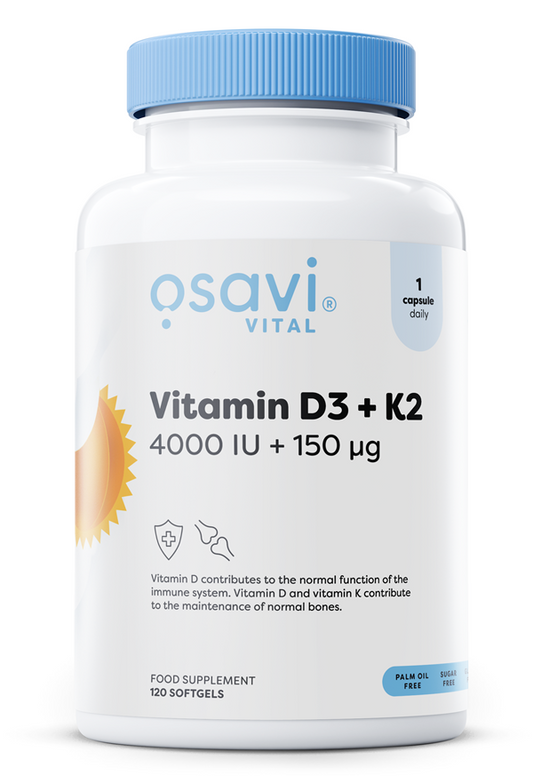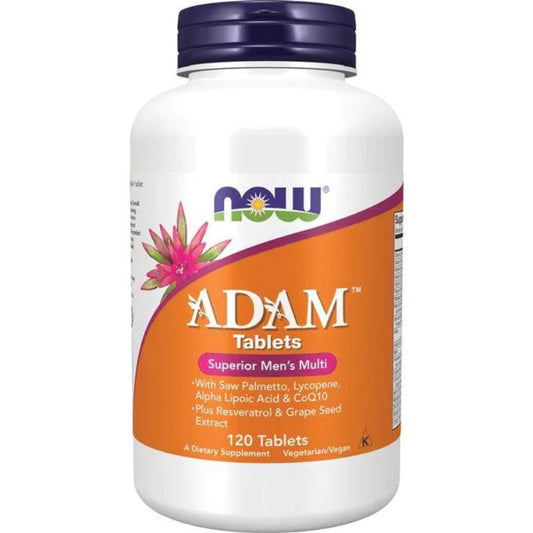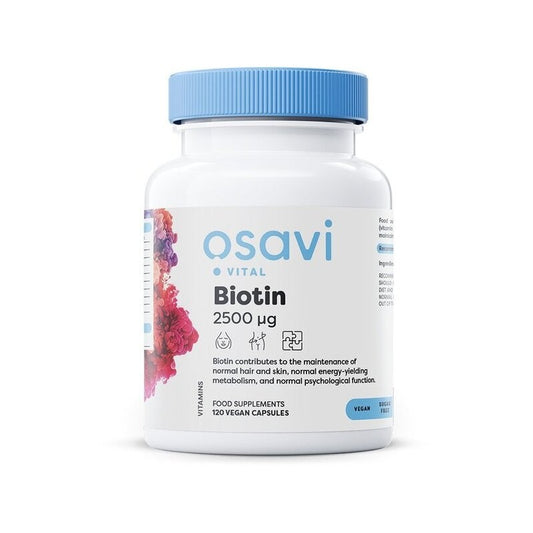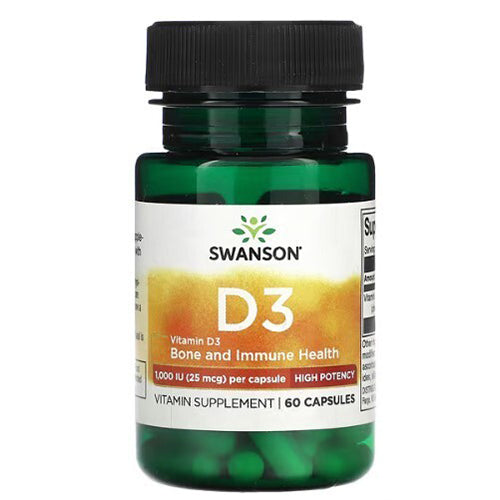
Vitamin B14 and Serotonin: Understanding Tryptophan Metabolism and Nutrient Support
Jakub SkibaWe often associate vitamins with general wellness, mood support, and brain function, and nutrients like Vitamin D, B12, and omega-3s come to mind first. However, there is a lesser-known nutrient historically called Vitamin B14, sometimes identified with anthranilic acid, a metabolite in tryptophan metabolism. While not officially recognized by modern nutritional authorities, it plays a role in the biochemical pathways that produce serotonin, an essential neurotransmitter. This article explains what Vitamin B14 is, how it relates to serotonin production, sources of supporting nutrients, daily intake considerations, and nutritional strategies to support these pathways naturally.
What Is Vitamin B14?
Vitamin B14 is not an officially recognized vitamin but has historically been included in the B-complex family. It is most closely associated with anthranilic acid, a compound involved in tryptophan metabolism. Tryptophan is a key amino acid that acts as a precursor for serotonin, which has led to interest in Vitamin B14’s potential influence on brain and metabolic pathways. Although Vitamin B14 itself is not required in dietary recommendations, anthranilic acid participates in metabolic processes such as cell metabolism, fat and amino acid breakdown, and tryptophan metabolism. Supporting these processes helps the body utilize tryptophan efficiently, which is important for overall neurological and cellular function.
What Is Serotonin?
Serotonin is a neurotransmitter that regulates several physiological processes, including mood and emotional balance, appetite and digestive function, sleep cycles, pain perception, and cognitive functions like memory and learning. Serotonin is produced from tryptophan obtained through the diet. The body converts tryptophan into 5-HTP and then into serotonin with the help of cofactors like Vitamin B6, magnesium, and others.
Signs of Nutrient Imbalances Affecting Serotonin Pathways
While Vitamin B14 deficiency is not clinically recognized, imbalances in nutrients involved in tryptophan metabolism can produce overlapping effects, such as fatigue or low energy, sleep disturbances, digestive issues, skin conditions like rashes or dryness, and muscle weakness. Individuals on restricted diets—vegans, vegetarians, or those with gastrointestinal disorders—may be more susceptible to such imbalances.
Supporting Serotonin Naturally
Because serotonin itself cannot be supplemented directly, supporting the body’s natural production involves lifestyle and nutritional approaches.
Lifestyle Habits: Regular aerobic exercise to support tryptophan availability, daily sunlight exposure (15–30 minutes), consistent sleep patterns, mindfulness practices to manage stress, and social connection for general neurological well-being.
Nutrient Support Through Diet: The following foods support tryptophan metabolism and serotonin pathways: animal proteins such as turkey, chicken, beef, eggs; fish such as salmon, mackerel, tuna; legumes including lentils, beans, chickpeas; nuts and seeds like pumpkin and sunflower; whole grains such as brown rice, oats, barley; and fermented foods like yogurt, kefir, tempeh, miso, and nutritional yeast.
Key Vitamins and Supplements for Supporting Tryptophan Pathways
The nutrients that support serotonin production and tryptophan metabolism include L-Tryptophan (amino acid precursor), 5-HTP (converts into serotonin), Vitamin B6 (Pyridoxine, cofactor in conversion), Niacin (Vitamin B3, produced from tryptophan), Magnesium (supports receptor activity), Folate (B9, supports methylation pathways), Vitamin B12 (cofactor in nervous system maintenance), Zinc (supports neurotransmission), and Omega-3 Fatty Acids (enhances receptor function). These nutrients help maintain efficient metabolic pathways and support overall nutritional balance.
Daily Intake Recommendations for Supporting Serotonin Pathways
Although Vitamin B14 has no RDA, ensuring adequate intake of related nutrients is important:
|
Nutrient |
Adult Men |
Adult Women |
Role in Serotonin Pathway |
|
Tryptophan |
~250 mg |
~250 mg |
Serotonin precursor |
|
Vitamin B6 (Pyridoxine) |
1.3–1.7 mg |
1.3–1.5 mg |
Converts 5-HTP to serotonin |
|
Niacin (Vitamin B3) |
16 mg |
14 mg |
Supports metabolism from tryptophan |
|
Magnesium |
400–420 mg |
310–320 mg |
Supports neurotransmitter receptor activity |
|
Folate (Vitamin B9) |
400 mcg |
400 mcg |
Methylation and neurotransmitter regulation |
|
Vitamin B12 |
2.4 mcg |
2.4 mcg |
Cofactor in nervous system maintenance |
Meeting the RDAs of these nutrients supports tryptophan metabolism and helps maintain healthy biochemical pathways.
Vitamin B14 Benefits and Takeaways
Vitamin B14 is a historical term largely associated with anthranilic acid and tryptophan metabolism. It is not recognized as an essential vitamin today and has no established RDA. Focusing on adequate intake of tryptophan, B-vitamins, magnesium, and related cofactors can naturally support serotonin pathways and cellular health. Prioritizing a nutrient-rich, balanced diet and healthy lifestyle is the most effective strategy for supporting overall biochemical function historically linked to Vitamin B14.










